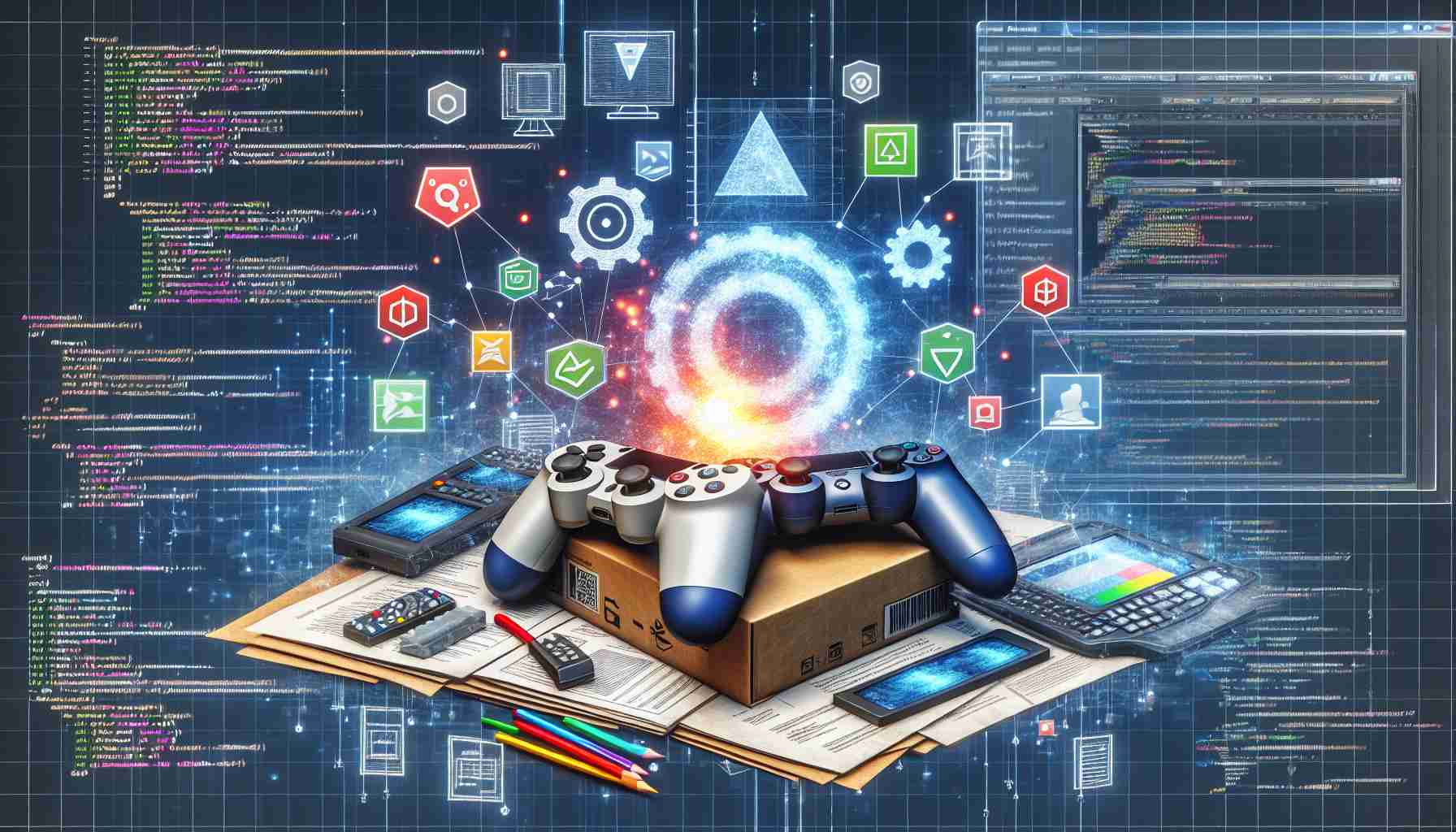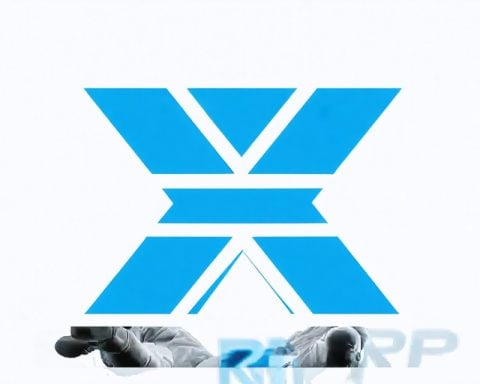Unity, renowned for its versatile game development engine, is experiencing a significant shift in stock prices, reflecting evolving technological trends and strategic decisions. Unity Technologies has been at the forefront of innovative solutions, powering countless games across various platforms, but recent market movements point to a fascinating intersection of gaming, technology, and investor sentiment.
The recent fluctuations in Unity’s stock price are influenced by its strategic pivot towards embracing new technologies like artificial intelligence and augmented reality. These cutting-edge advancements are positioned to reshape how games are developed, played, and experienced, promising both opportunities and challenges for Unity as a company.
As Unity delves deeper into AI-driven game design, the implications for game developers and investors are noteworthy. Enhanced AI capabilities can streamline the game creation process, reduce development costs, and enable more dynamic, player-responsive environments. For investors, this pivot not only diversifies Unity’s market appeal but also positions the company at the vanguard of a transformative era in gaming.
Furthermore, Unity’s commitment to expanding its reach into augmented reality raises prospects of collaboration with industries beyond gaming. This presents a broader canvas for growth, enticing stakeholders who eye AR’s potential in markets like education, retail, and healthcare.
Ultimately, Unity’s stock dynamics underscore a pivotal moment for both the company and the gaming industry. As technological trends continue to evolve, Unity’s agility in navigating this landscape will play a crucial role in shaping the future of gaming and its own financial trajectory.
Unity’s Bold Move: What It Means for You and the Digital Ecosystem
Unity Technologies’ strategic shift towards artificial intelligence and augmented reality is not just a boon for game developers and investors—it could also reshape everyday life and multiple industry sectors. While the gaming-centric lens dominates conversations, the implications are far-reaching, affecting how communities and countries adapt to technological innovations.
In industries like education, Unity’s AR capabilities offer innovative ways to engage students and enhance learning experiences. Imagine history lessons brought to life with interactive, immersive environments, or biology classes where the human body is explored in 3D. These developments can revitalize traditional educational models and provide educators with powerful teaching tools.
Similarly, the retail sector stands to benefit immensely. Augmented reality can transform shopping experiences, allowing customers to visualize products in real time before making a purchase. This could not only boost sales but also significantly reduce return rates, making retail more sustainable and efficient.
On the downside, these rapid technological advancements pose questions about digital inequality. As AR and AI become integral to various sectors, will all communities have access to the same resources and opportunities, or will this divide deepen?
Moreover, there are privacy concerns. With AI-driven solutions and AR collecting data to tailor experiences, how will companies like Unity safeguard user information?
Unity’s ventures could redefine technological landscapes, prompting a need for balanced frameworks to harness benefits while addressing challenges. The company’s efforts could be pivotal in leading a larger global transition towards a more integrated digital era.
For more on technological advancements, visit Unity.

















